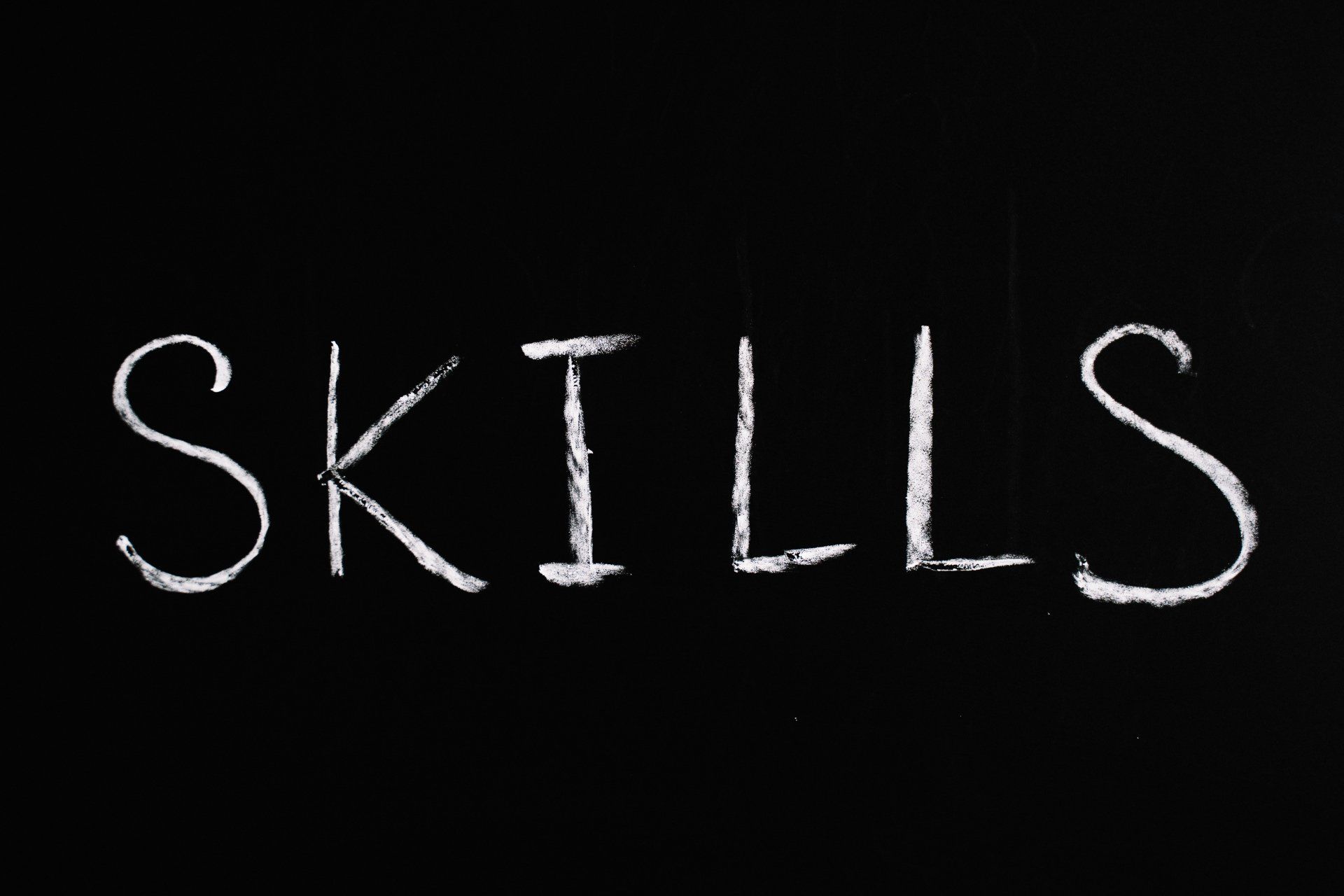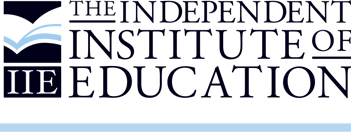IMPORTANT ROLE OF PRIVATE HIGHER ED HIGHLIGHTED BY SLTSA APPOINTMENT – THE IIE
The important role that Private Higher Education can play in partnership with public universities - to increase the access to, and the quality and development of legal education in South Africa - has been confirmed by the recent election as President to the Society for Law Teachers of Southern Africa (SLTSA), of the first incumbent hailing from a Private Higher Education Institution.
Fiona Kaplan, Head of School: Law, at The IIE’s Varsity College, was elected this month to serve as the President of SLTSA. She will be working alongside the newly elected members of the Executive Council - Vice President Prof Howard Chitimira (North-West University), Treasurer Adv Renee Koraan (NWU), and Secretary Glancina Mokone (NMU) – as well as representatives of the society in various committees tasked with issues related to the Judicial Services Commission (JSC), the Legal Practice Council (LPC), and the Magistrate’s Commission.
“This is another significant development for Private Higher Education in South Africa and underscores the strides that can be made if various institutional types work together for the common good,” says Shevon Lurie, Director of The Independent Institute of Education (The IIE), the leading Private Higher Education provider in South Africa.
Lurie notes that the appointment follows a landmark court ruling in favour of The IIE’s LLB Degree, that affirmed that IIE graduates who studied Law at the IIE VC brand are as qualified to enter the legal profession after graduation as students from public universities.
“We are very proud of the selection of Kaplan to this important role, and wish her success in her work on behalf of the SLTSA,” she says.
SLTSA’s mandate is to act as the mouthpiece for all legal academics in the Southern African region through the advancement of research and teaching, and forging relationships with legal practice both within the borders of South Africa and beyond.
“I am excited at the opportunity to forge deeper relations between law teachers and the profession; with the judiciary and with law schools in neighbouring SADC countries. I also hope to ensure greater inclusivity between public and private Higher Education Institutions offering law programmes, and to provide increased support to emerging law teachers in legal academia to becoming published,” says Kaplan.
Degrees offered at public and private institutions are accredited and registered in the same way against the same criteria by the same regulatory authorities, notes Lurie.
“It is only artificial barriers that remain in the path of private institutions and public universities being able to compete and collaborate on a level playing field, as is the case internationally,” she says.










